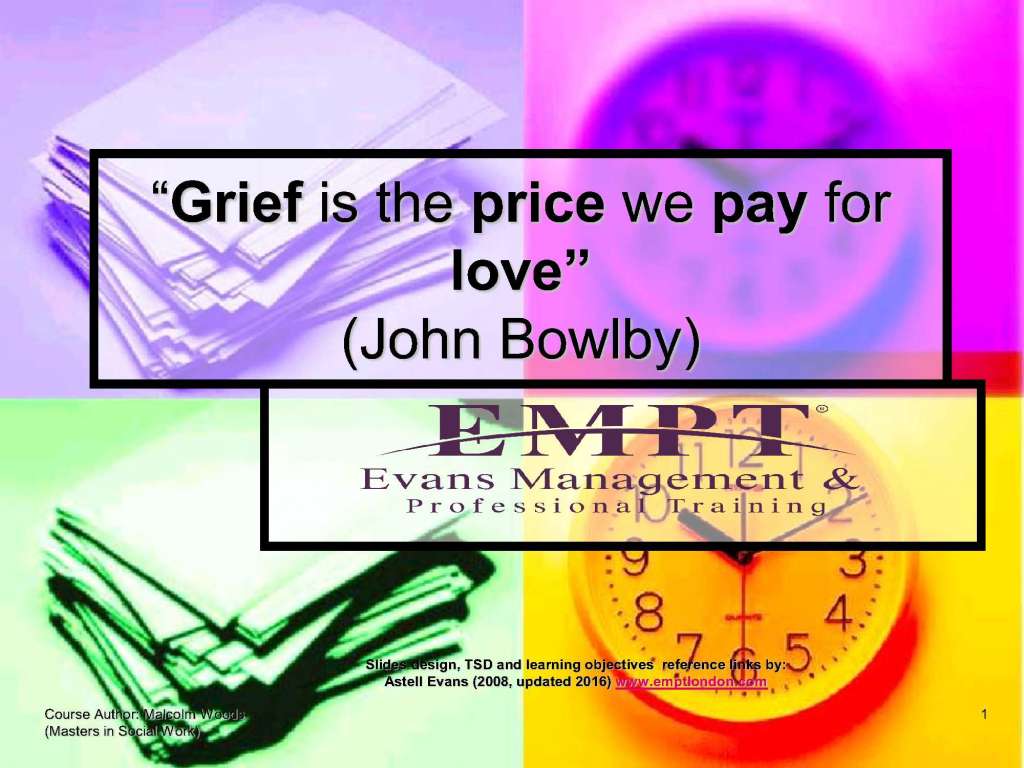Supporting People Experiencing Mental ILL Health

Knowing about factors related to Mental ill health as well as Physical health, can contribute to promoting the wellbeing of individuals. Experiencing mental ill health may involve having to face personal transitions, that are not necessarily shared or understood by members of the family or significant people in their support network. Such transitions include: family […]
Levels of qualifications attained makes a difference
The lower a young adult’s qualifications, the more likely they are to not be in employment but wanting paid work. For example, around a 25% of all people aged 25 to 29 with no GCSEs at grade C or above were not in employment but wanted paid work in 2010. This compares to around 7% of those with […]
Children in Care Need Male Care workers Too!
Male care workers can often be the first positive male role models that children have met, and play a vital role. But male care workers can face their own challenges in roles traditionally considered to be mainly carried out by women. Children in Care invariably bring a history of their relationships with males to fostering and […]
The Fostering Network the State of the Nation’s foster care survey (2016)
The Fostering Network the State of the Nation’s foster care survey (2016) – What foster carers think and feel about fostering is now available. The Fostering Network research involved in total 2,530 foster carers from across the UK completed the survey online: 1,942 of these fostered in England, 359 in Scotland, 122 in Wales and […]
HELPING CHILDREN COPE WITH A DEATH

In terms of helping children cope with death – children tend to react differently to death than adults. Their response will depend on: What type of relationship they had with the person who has died. Death of a Mother for example, maybe much harder than the death of an Uncle. Age and level of understanding […]
Unaccompanied Asylum Seeking Children research and guidance information
Main Legislative Framework and Guidance The Children Act 1989 places a responsibility upon Local Authorities to safeguard and promote the welfare of children and young people living in their area. When children in need are identified, an assessment of their needs should be undertaken. A major factor for unaccompanied asylum seeking children is that the […]
Training and Development
The Education and Training Foundation (website) released a set of aspirational standards in May 2014. The Professional Standards provide a framework for teachers and trainers to critically appraise their own practice and improve their teaching through Continuing Professional Development (CPD). Almost 1,000 sector professionals were involved in the development of the standards to ensure they […]
Some aspects of training and the Fostering National standards (2011)
National standards in foster care NMS 3.8. Foster carers must receive training in promoting positive care and control of children, including training in de-escalating problems and disputes NMS 4.6. Foster carers must receive training around appropriate safer-care practice, including skills to care for children who have been abused NMS 6.7. Foster carers […]
